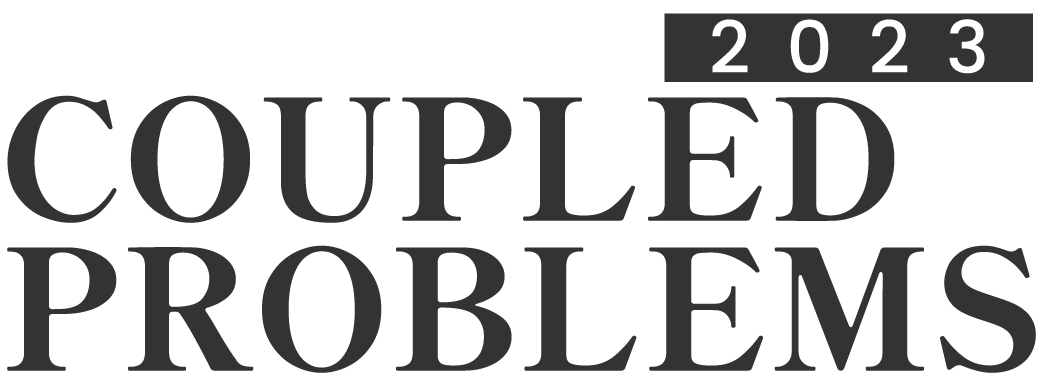

Non-Intrusive Model Order Reduction for Sintering Applications
Please login to view abstract download link
We are interested in thermo-mechanical problems arising in the context of a practically relevant manufacturing process called sintering. These models can be defined using a non-linear material model, namely the Skorohod-Olevsky Viscous Sintering (SOVS) constitutive model. This SOVS model is used to predict macroscopic sintering behavior, such as shrinkage and density evolution. Also, it relies on material properties such as temperature-dependent viscosity and surface tension. However, high-fidelity simulations of coupled, macroscopic, thermo-mechanical models are computationally intensive. Furthermore, developing reduced-order models addressing the non-linearities is challenging due to the history dependence and presence of internal variables. Performing parametric studies, optimization, real-time control, or parameter estimation for such problems, thus, becomes infeasible. In order to accelerate sintering simulations for such multi-query scenarios, a surrogate model is vital. Here, we present a non-intrusive reduced-order modelling framework based on proper orthogonal decomposition and Gaussian process regression. Furthermore, we discuss the performance of such a surrogate model using different metrics for the two-parameter Arrhenius-type viscosity function.

